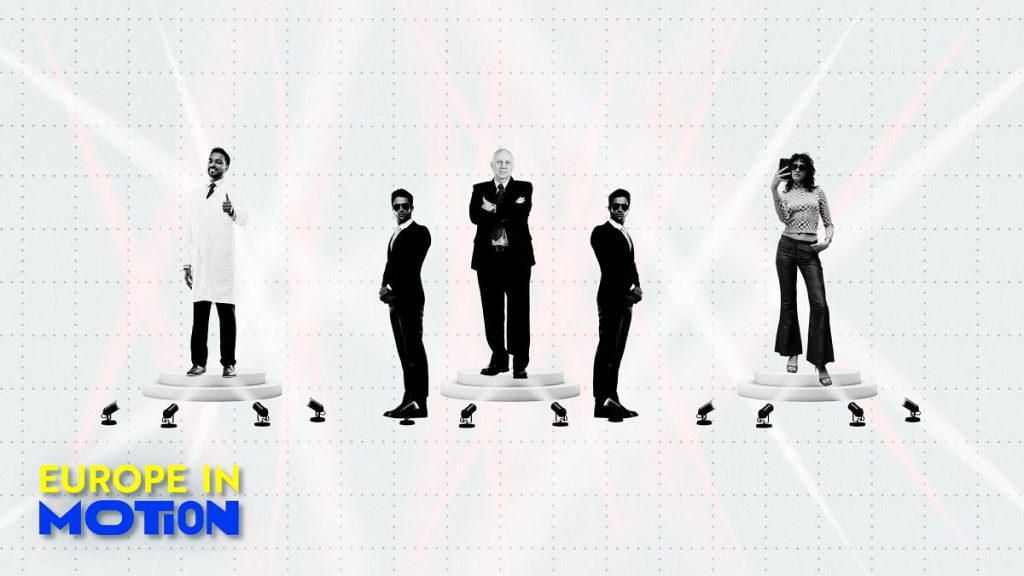Paragraph 1: Overview of Trust in Professions across Europe
A recent Ipsos Global Trustworthiness Index survey, encompassing over 23,000 adults under 75 across 32 countries, including 11 EU nations, reveals a clear hierarchy of trust in various professions. Doctors and scientists consistently rank at the top, garnering significant public confidence across the surveyed European countries. Conversely, politicians occupy the lowest rung of the trust ladder, despite a modest resurgence in their trustworthiness since a nadir in 2018. This disparity underscores the public’s perception of these professions, associating medical and scientific fields with expertise and reliability, while viewing politics with skepticism and even cynicism. The survey’s findings provide valuable insight into the societal dynamics shaping public opinion across Europe.
Paragraph 2: Doctors and Scientists: Beacons of Trust
Across the 11 EU countries surveyed, doctors emerge as the most trusted professionals, reflecting the public’s inherent reliance on medical expertise. The Netherlands leads the way with a remarkable 73% of respondents expressing trust in doctors, followed closely by France and Spain at 66%. Scientists, similarly perceived as purveyors of evidence-based knowledge, also enjoy high levels of trust, particularly in Spain and the Netherlands. This strong public confidence in science and medicine likely stems from their perceived commitment to objective truth and their crucial role in promoting public health and well-being. The high trust levels also reflect the societal value placed on knowledge, expertise, and evidence-based decision-making.
Paragraph 3: Politicians and Influencers: The Trust Deficit
In stark contrast to the high levels of trust enjoyed by doctors and scientists, politicians, social media influencers, and government ministers find themselves at the bottom of the trust spectrum. This distrust is particularly pronounced in Eastern European countries like Poland, where only 8% of respondents expressed trust in politicians. Similar levels of distrust are evident in Spain (10%) and Hungary, Italy, and Romania (11%). This widespread skepticism towards political figures highlights a growing disconnect between the public and their elected representatives, potentially fueled by perceived inefficacy, lack of transparency, and a general sense of disillusionment with the political process. The low trust in social media influencers may be attributed to concerns about authenticity and the potential for manipulation in the online sphere.
Paragraph 4: A Glimmer of Hope for Politics?
Despite the deep-seated distrust in politicians, the survey does reveal a slight upward trend in their perceived trustworthiness. Since hitting a low point in 2018, trust in politicians and government ministers has gradually increased, gaining six percentage points. While this improvement is modest, it suggests a potential shift in public sentiment, perhaps reflecting efforts by some political actors to rebuild public trust through greater transparency and accountability. However, the continued low levels of trust necessitate ongoing efforts to bridge the gap between political institutions and the citizenry. The sustainability of this upward trend remains to be seen, depending largely on the actions and policies of political figures in the coming years.
Paragraph 5: Generational Divide in Trust Dynamics
The survey also highlights notable generational differences in trust patterns. Baby boomers (born 1946-1964) demonstrate significantly higher trust in the police compared to millennials (born 1981-1996), with 45% and 35% respectively expressing confidence in law enforcement. Conversely, Generation Z (born 1997-2012) displays a greater propensity to trust social media influencers, with 20% expressing confidence compared to just 9% of baby boomers. These generational variations likely reflect different life experiences, media consumption habits, and varying perspectives on authority and social influence. The digital native status of Gen Z likely contributes to their greater acceptance of online personalities as trusted figures.
Paragraph 6: Technology and the Shaping of Trust
The influence of technology, particularly the evolution of communication and social interaction, plays a critical role in shaping generational trust patterns. As Michael Dimock, president of Pew Research Center, notes, different generations have been shaped by distinct technological advancements, influencing their worldviews and connections to information sources. While baby boomers grew up with the expansion of television, Gen Z and millennials are digital natives, heavily reliant on social media platforms like TikTok and Instagram, where influencers wield significant power. This constant exposure to online content, often curated by influencers, shapes Gen Z’s perception of authority and trustworthiness, leading to greater acceptance of these online figures. The differing media landscapes of each generation contribute significantly to the observed variations in trust across professions.














